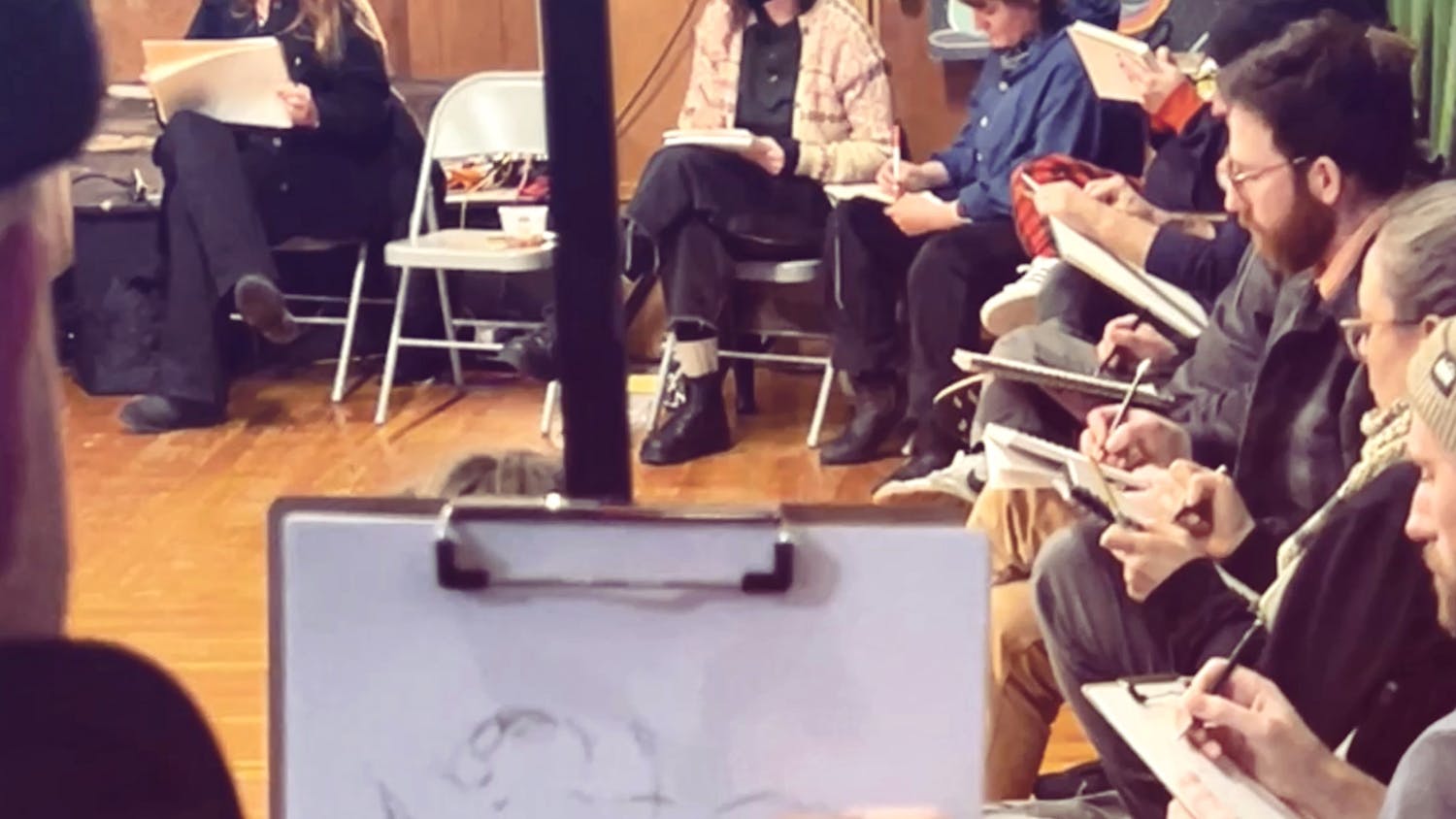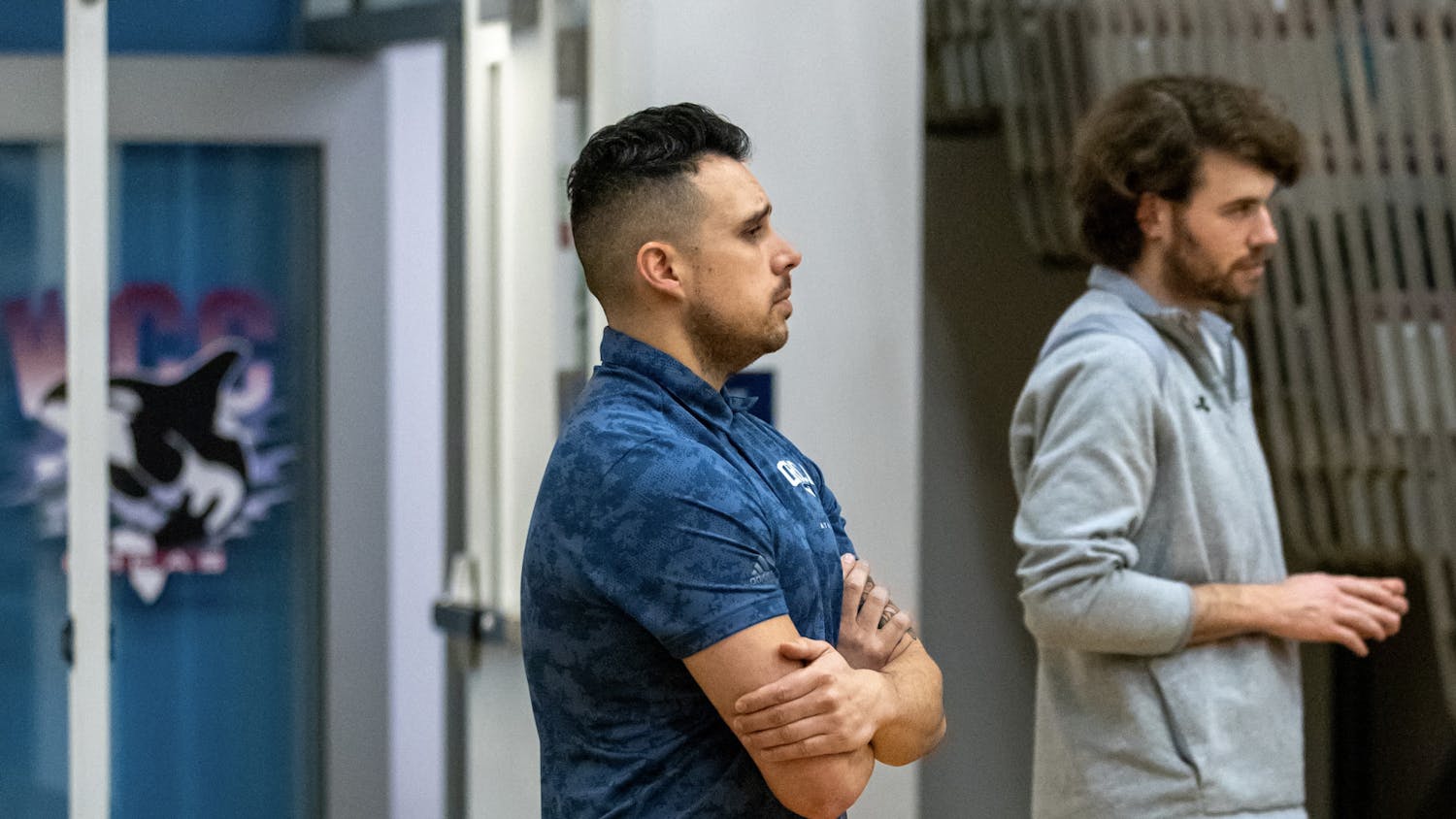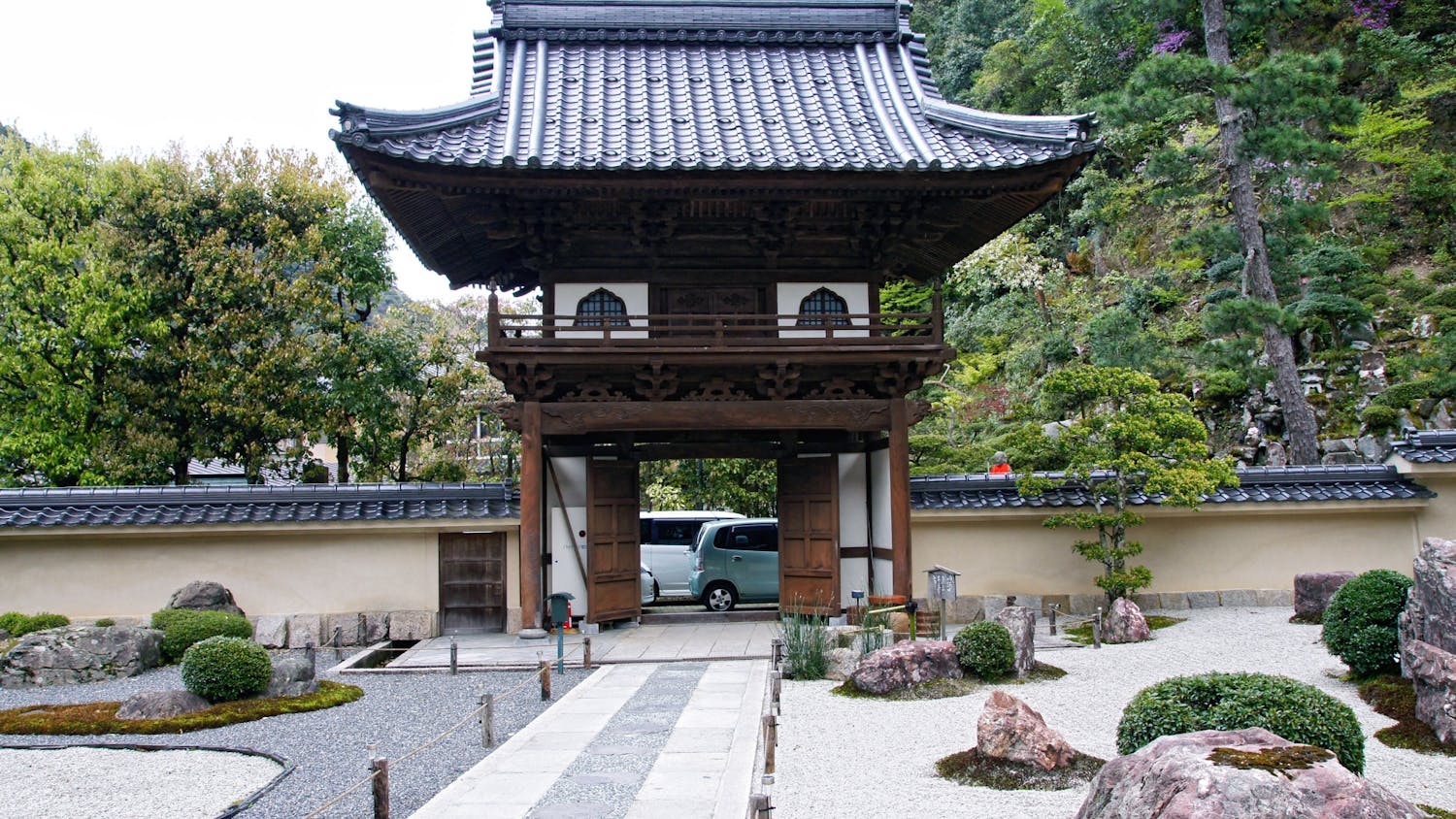Western Foundation’s $20 million fundraising campaign, dedicated to the construction of a new STEM building, collected a $10 million gift from Fred Kaiser and Grace Borsari, according to a Western Today article. The couple founded Alpha Technologies, a Bellingham-based company dedicated to cost-effective powering solutions.
The gift brought the fundraising campaign to a little over half its goal and inspired the name of the new building, Kaiser Borsari Hall, said Manca Valum, senior director of Development for Strategic Initiatives.
The total cost of the design and construction of the building will be $68 million, $48 million of which will be funded by the state. Western Foundation aims to fund $20 million of the construction.
The announcement of the second new STEM building closely followed the announcement of the Interdisciplinary Science Building, which will connect to the current Biology building via a sky bridge.
The state considers funding buildings that are academic in nature, but it depends on the university’s project request, according to Brian Ross, assistant director of capital budget. For instance, the $66.5 million Interdisciplinary Science Building was entirely funded by the state, Ross said.
Part of the reason Western proposed to secure private funding for Kaiser Borsari Hall was due to the close timeline of construction for the two buildings, Valum said.
However, the demand for the expansion of Western’s STEM programs is high enough to justify both buildings, Valum said.
Kaiser Borsari Hall will hold offices, research labs and classrooms, and will focus on the expansion of the engineering and computer science programs, said Brad Johnson, dean of the College of Science and Engineering.
“The fact is, we need this building as quick as we can because these programs are growing,” Valum said. “We just can’t wait. These are the kinds of programs that are going to equip people to solve some of our most vexing problems that we face as a planet.”
The building will cater mostly toward undergraduate students, however, the computer science program will be able to expand its graduate program. The additional space will also allow for the creation of a graduate electrical engineering program, which would be the first graduate engineering program at Western, Johnson said.
“The primary barrier to giving our students access to our programs right now is capital infrastructure space,” Johnson said.
The two programs under the most pressure are the computer science and engineering programs, according to Johnson. For instance, computer science has grown from 120 majors five years ago to over 500 majors today, Johnson said. The space was only designed to accommodate about 150 majors, he said.
A report conducted by The Washington Roundtable, a nonprofit headed by executive employees in Washington state, found the demand for post-secondary credentials in the workforce is higher than ever before. The Washington Roundtable found there to be shortages in fields such as computer science, computer engineering, electrical engineering and healthcare, and Western is feeling the pressure to produce more of these types of graduates, Johnson said.
Johnson said there is also a need to increase diversity in these fields, which are predominantly pursued by white men.
“We’re very interested in giving opportunity to folks who typically have been underrepresented in engineering and computer science,” Johnson said. “That would include women, students of color and first generation students.”
Johnson hopes the new space will be designed in such a way that welcomes students of all backgrounds, he said.
“It’s very important to me not to just grow these programs, but to also grow them in an inclusive fashion,” Johnson said. “Doing that requires some purposeful use of space. Since we need the space anyway, let’s do it right.
The Foundation anticipates reaching its fundraising goal by late summer 2020. Universities securing private funding for public buildings is not uncommon, however, it is new and exciting territory for Western, Valum said.
Kaiser Borsari Hall will be Western’s first academic building partially funded by private investors, Valum said.
“Partnering with private investors, particularly companies, provides benefits that last long after the check has been written to build the building,” Valum said.
Private investors are likely to have a personal interest in the programs and the students who take part in them, Valum said.
“It’s great to have the money to build the building, but the relationships that emerge through the process are equally important.”





